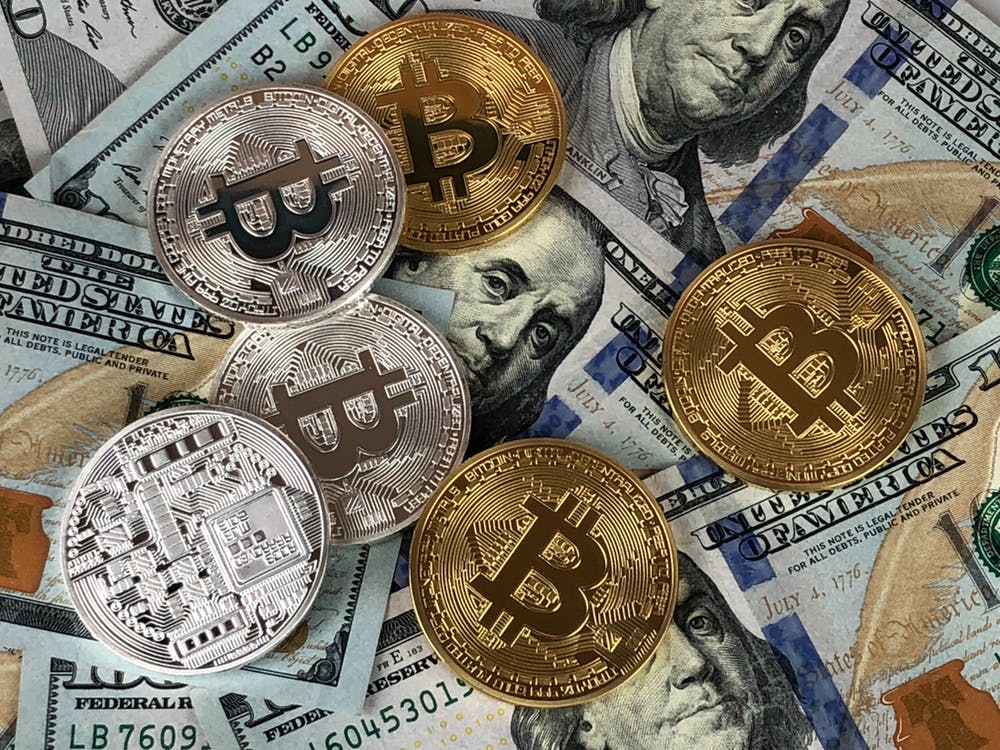Initial Coin Offerings or ICOs are hyped as a new way many early stage companies try to raise capital.
An ICO sounds like the well-known term Initial Public Offering but it does not operate the same way. An ICO offers ownership of a crypto currency issued by a company. Not equity in a company. This crypto currency often just gives the right to purchase a product or service that will be offered at some undetermined future time.
The use of ICOs has gone ballistic. In 2017 there were $5.5 billion in ICOs purchased by investors. In 2016 that amount was just $256 million.
Fraud appears to be common. The Wall Street Journal analyzed 1,450 digital coin offerings. It found 271 offerings that appeared fraudulent. Including questionable promises of high returns, plagiarized documents and missing or fake executive teams.
Regulators in numerous countries including the USA’s SEC, are starting to investigate. Some ICO issuers have become rich using this technique and, as said above, fraud is relatively common. Regulators are concerned that the term ICO is misleading to investors because it sounds so much like an IPO. And can be designed to look like it too. But it is not.
ICOs are capitalizing on the publicity of the increase in the price of other crypto currencies such as Bitcoin. Investors think they are participating in the crypto currency movement (craze, if you will) by buying into an ICO. They are not. It is different.
An ICO is easy. Simply have a concept, a shell of a company plus a Bitcoin address. Make sure the business concept sounds good and preferably it should be something technical and therefore hard to dissect the functional viability. Communicate it. The issuer is then off and running. The price of the new crypto currency starts increasing, attracting more money. Nothing really needs to be built by the company. Investors are often left “holding the bag” when the company doesn’t deliver on its promises.
Not all ICOs are scams but there are enough that it is caveat emptor.
One way to increase the chances of knowing that an ICO is more legitimate is if the issuer utilizes SAFT or Simple Agreement for Future Tokens. This contract provides some investor safeguards and at least nominal compliance with securities law.
Some ICOs are limited to accredited investors only and this is a positive. If you want to invest in these make sure it is money you can afford to lose. That is a good start to protect yourself.
The wider issue is that small, early stage companies need to have a better way to raise money in the capital markets. Generally, IPOs are now mostly used by larger more established companies. ICOs, as scam oriented as they are, are an attempt to solve those problem.
The way the early stage capital raising market is being handled needs to be changed. If there was a better structure that allowed non-accredited investors to invest in smaller, promising businesses in a relatively safe diversified way, that would be a big positive for the economy. Crowdfunding is another attempt to solve the problem. We are not there yet.



